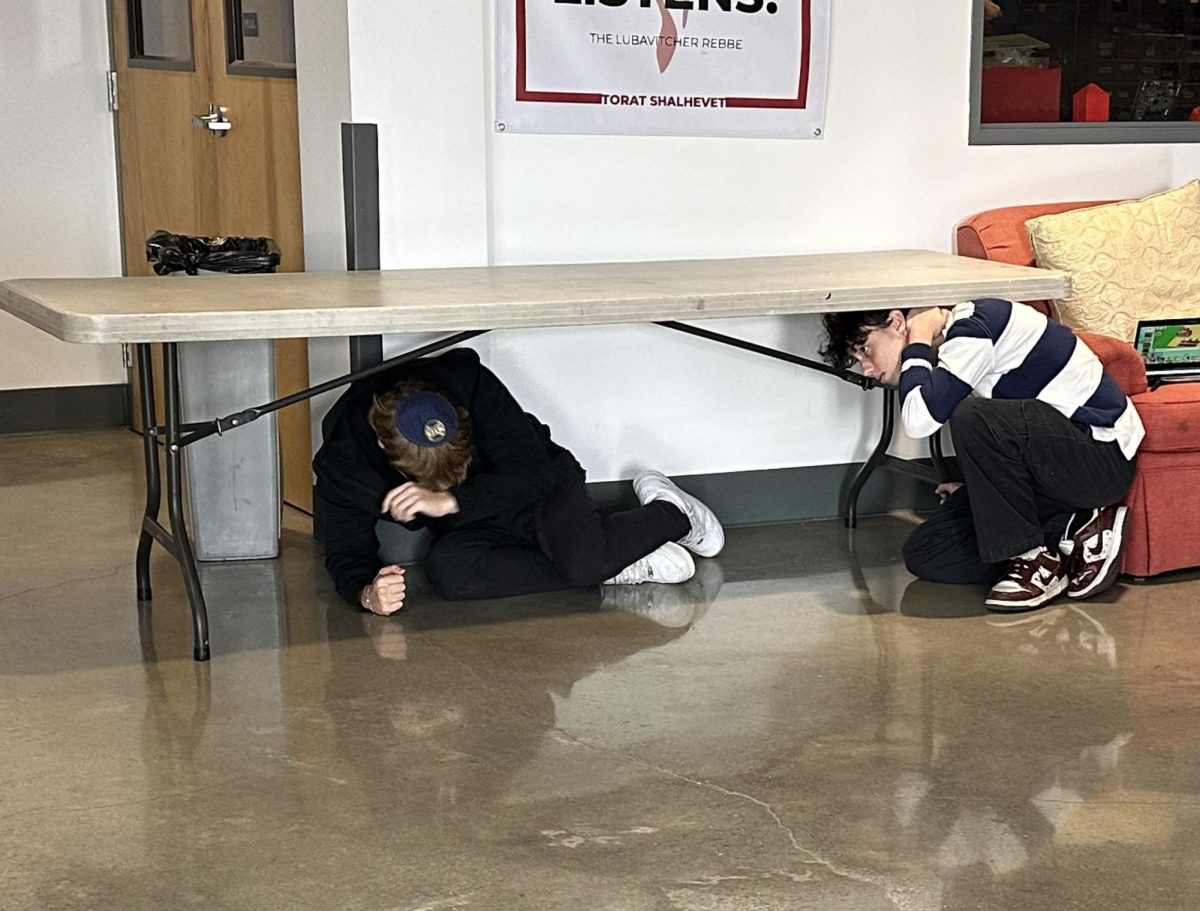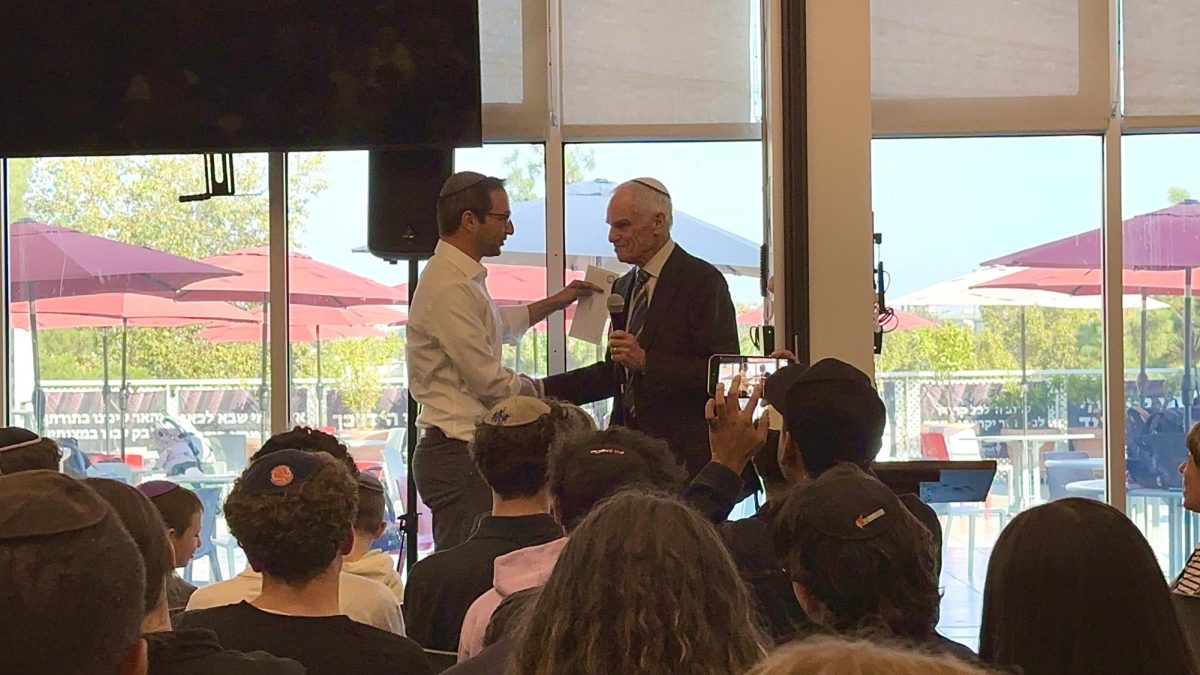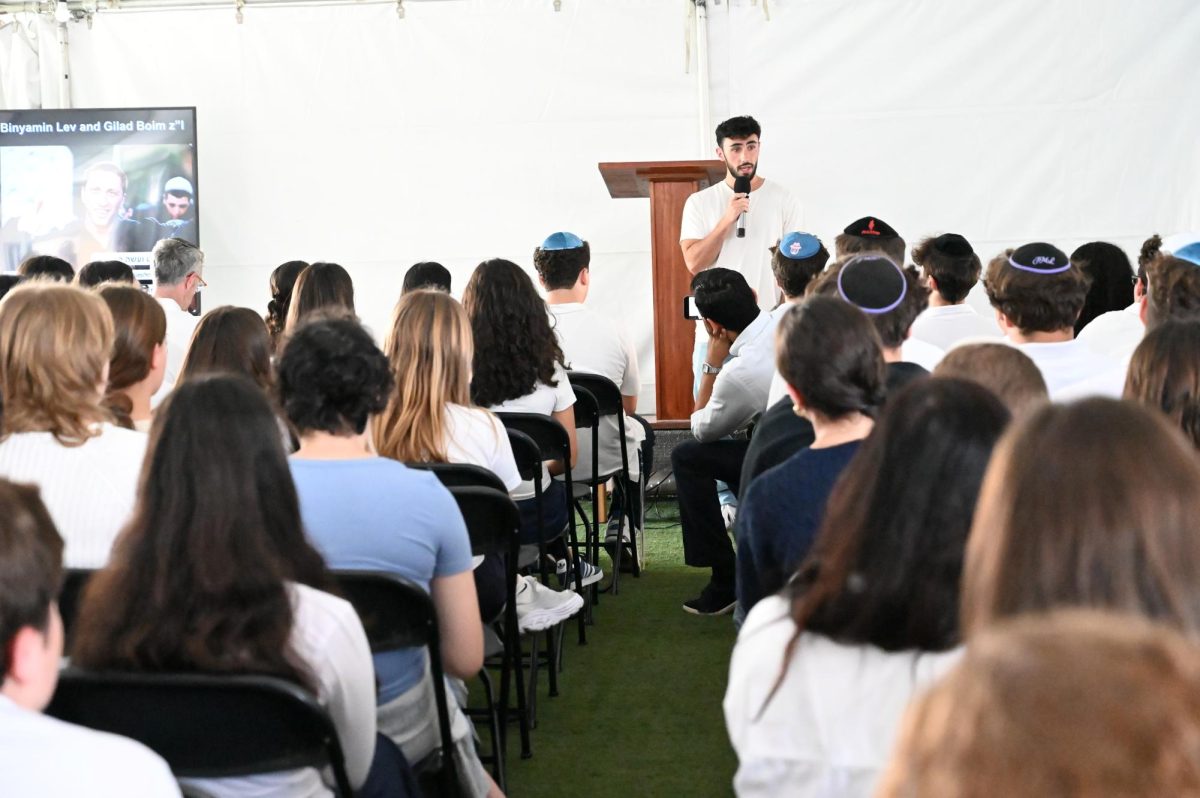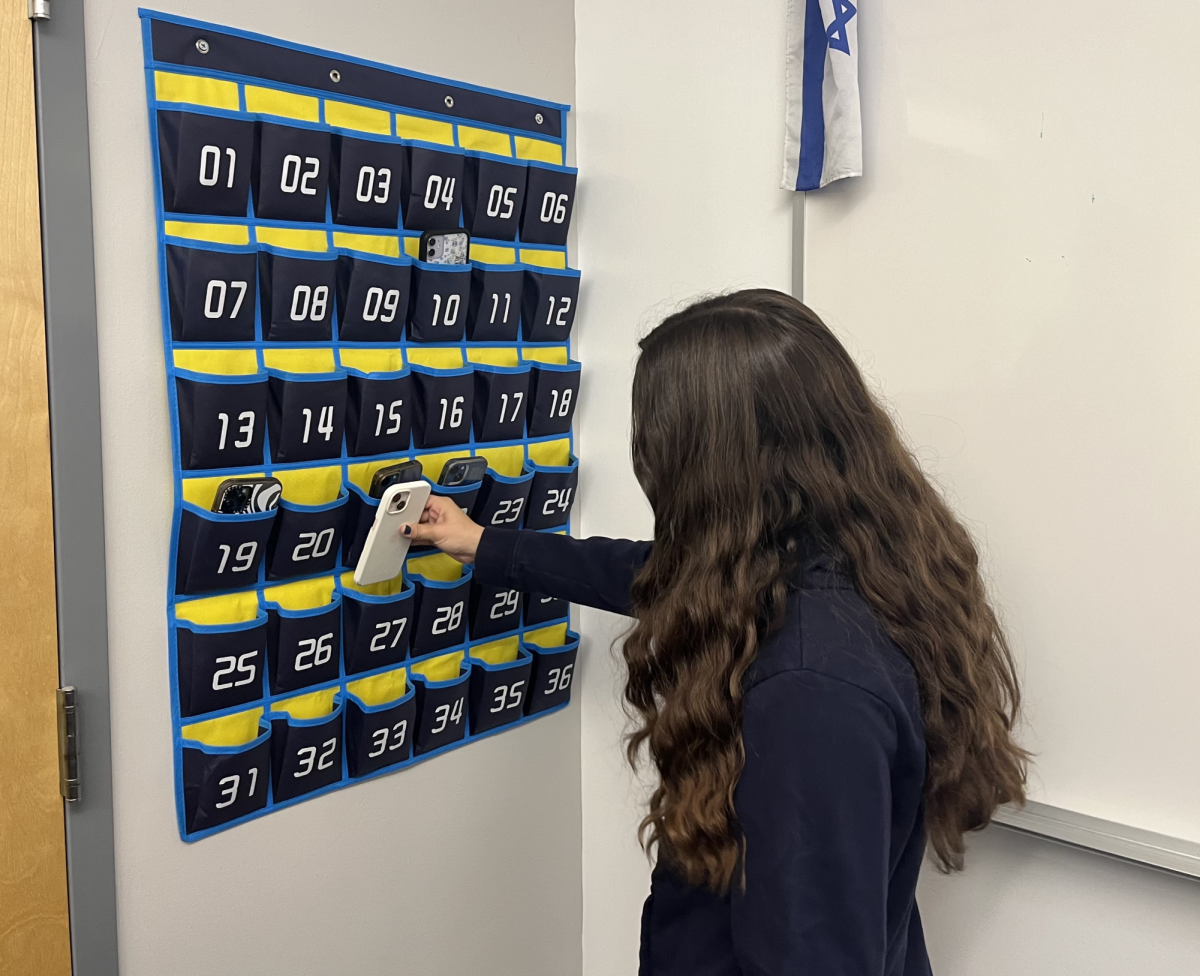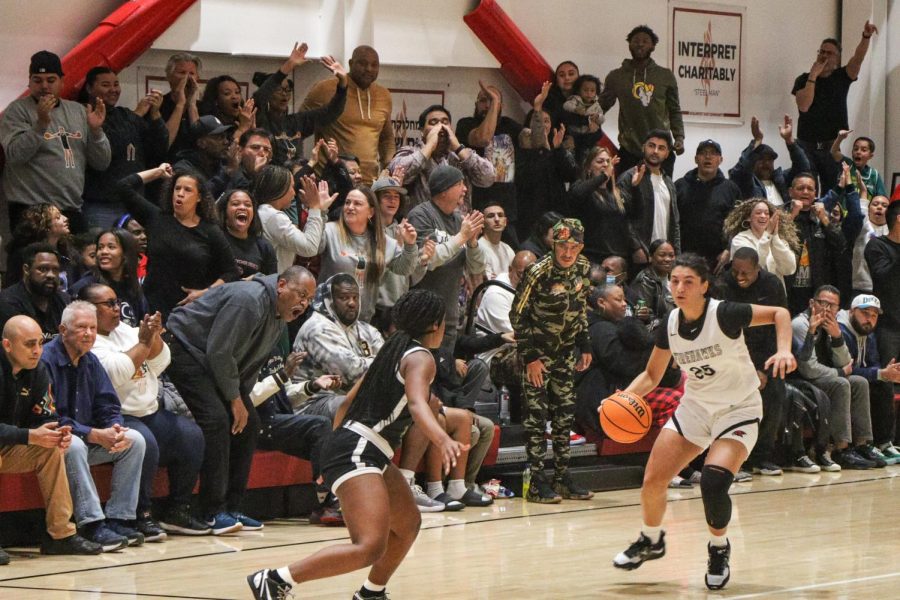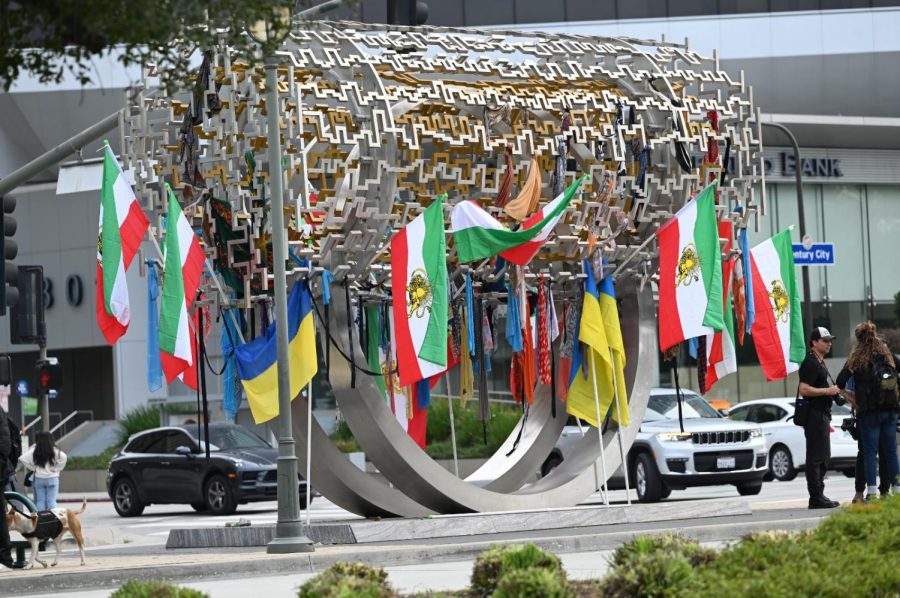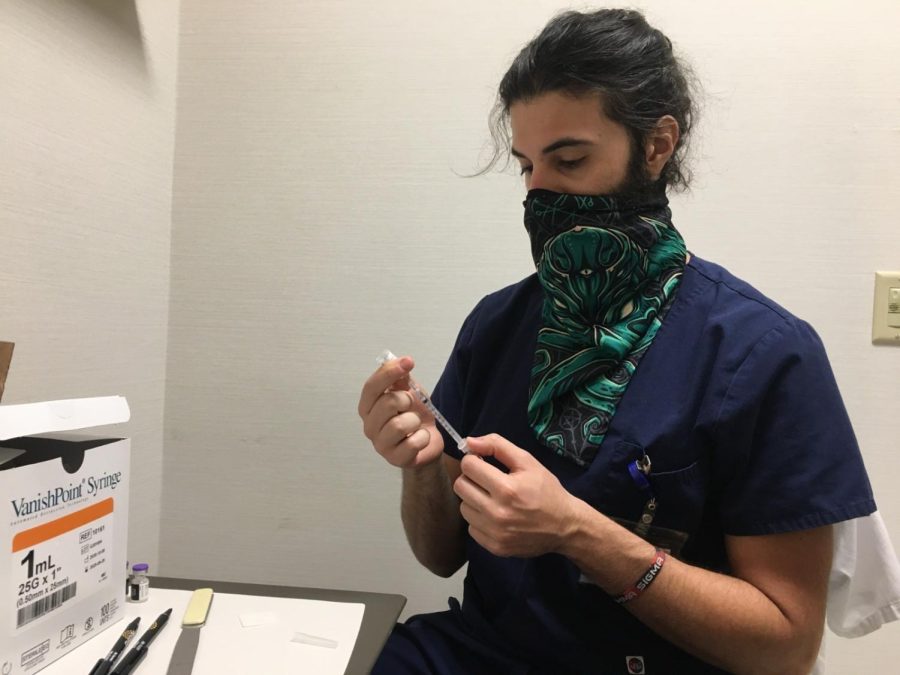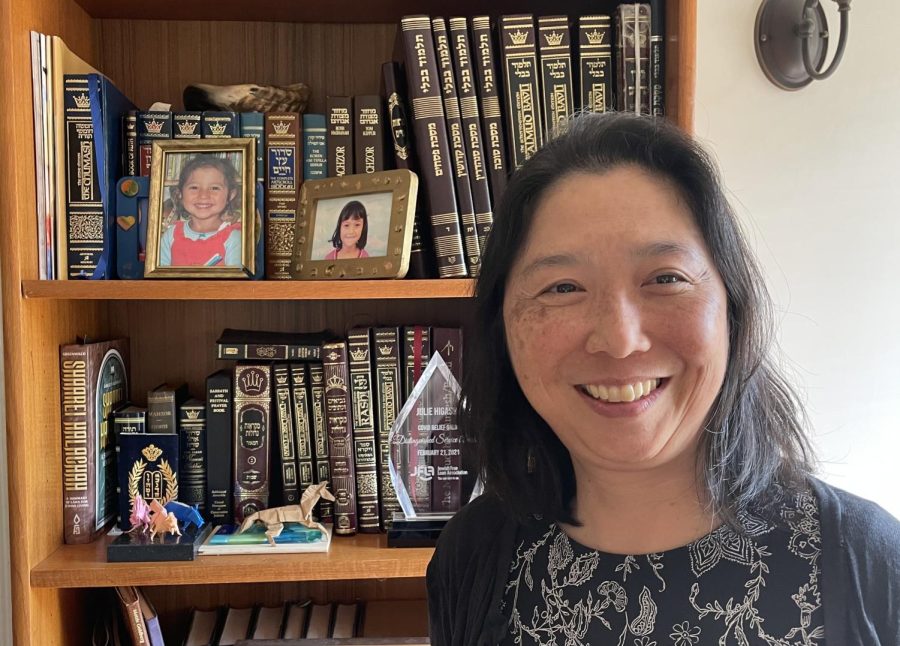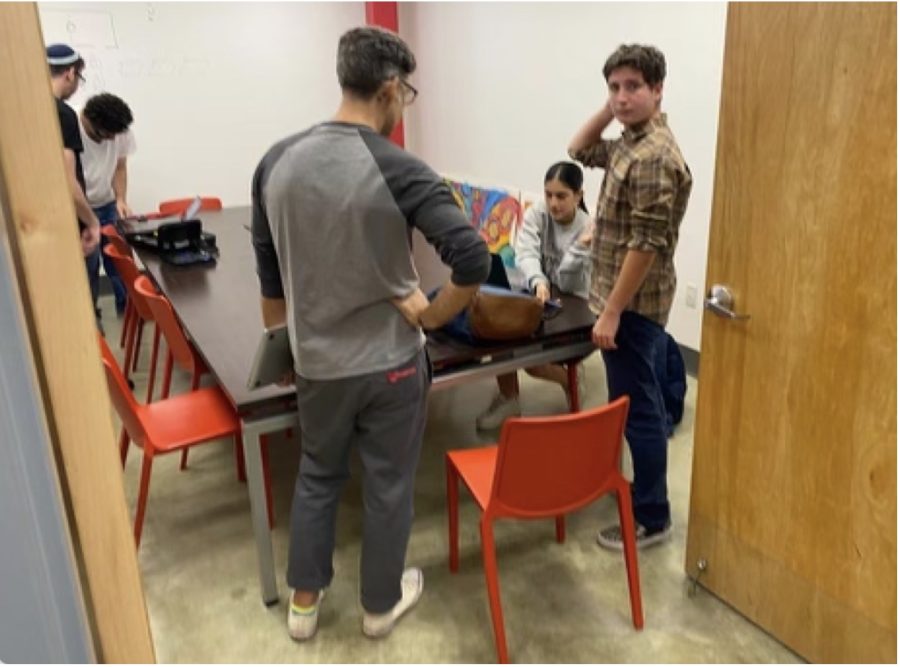A new “30-day rule” has gone into effect this year, limiting students to one overnight trip in a 30-day period and two per semester.
The new rule has come under fire from students and faculty members involved in multiple extra-curriculars, who claim it will undermine Shalhevet’s successes in these areas, while the administration has said it was needed because extracurricular activities have been increasing and students have been missing more class time.
“One effect of these school-sanctioned absences is that teachers are then expected to put in the extra time to help get those students caught up in the material that they missed,” said General Studies Principal Mr. Tranchi. “While most teachers actually do this gladly, it is an unfair burden.”
Mr. Chris Buckley, a science and math teacher who leads multiple debate teams on trips, said Shalhevet students have long proven their ability to manage demanding course loads in spite of missing some class.
“I think the 30-Day Rule unfairly limits students who want to be involved in more than one extra-curricular activity,” Mr. Buckley said.” Students who have demonstrated the ability to manage their participation in these programs along with their classes should not be held back.”
He also said limiting participation would detract from extra-circular success.
“If the school ever again wants to put an ad in the Jewish Journal highlighting our kids winning first place at a secular debate conference, this rule will be repealed,” Mr. Buckley said. “I fully understand its intent, and I agree with its intent. Teachers, administrators and parents still have, and have always had, the authority to keep any student from participating “ for any reason.
The new rule only applies to school trips; Shabbatons and personal trips are not affected. The 30-day rule also does not limit the classes a student can miss for sports games.
Opponents of the rule say that it is unfair to prevent students from being responsible for something they have been able to manage for themselves in the past.
A Boiling Point website poll, which is not scientific (although the same computer can’t register a vote more than once), showed an equal number — 46 percent — “despise” the new rule or “don’t know what that is.” Seven percent checked “I don’t have a strong opinion about it.” Of 41 people who had voted as of press time Oct. 28, no one had voted for the answer “It’s a great idea!” (www.shalhevetboilingpoint.com)
Mr. Tranchi said a student’s main priority should be academics and that extracurricular activities exist to enhance the academic program. He said this rule would probably impact only 10 to 20 percent of the student body, and that it wouldn’t affect trips very much because they are not all concentrated into one period of time. Last year there were two debate tournaments and a basketball trip in a span of just two weeks.
Sophomore Leora Nimmer agreed with Mr. Buckley, saying she felt students could be responsible for themselves.
“I think the rule is a bit irrational because honestly if a person is missing school, they are the one it’s affecting,” Leora said. “They are the ones that are going to have to make up the work they missed… and if they are responsible enough to make up and know the information being taught for testing, that should only be a choice made by that person, not a school rule.”
Additionally, under new school rules found in the 2010-11 Shalhevet Student Handbook, with an excused absence, students now have the number of days missed plus an extra day to make up the work. If the student has an unexcused absence and missed a major test or a major paper, they must turn in the test or paper within one school week. This grade is averaged with the lowest earned grade in the rest of the class as a penalty for the unexcused absence.
Dean of Students Roy Danovitch says that the rule is necessary because it sets a guideline for all students to keep a lid on classtime missed.
“This is a guaranteed anchor for students to help manage their time and workload,” Mr. Danovitch said. “The 30-day rule prevents classroom disruptions from becoming bigger.”
Debate has added the Rutgers conference to its usual agenda and the Boiling Point plans to send delegations to both New York and Kansas City. Some debate trips are seeing upwards of 24 participants, along with chaperones who are taken from the school faculty.
Also still allowed as excused absence are senior college trips. Students may miss five school days to visit colleges but prior to these trips, the student must fill out a form from Director of College Counseling Dr. Mercer.
“I think that we need more than five days to visit colleges,” senior Saul Rothman said. “What if someone is applying to too many schools?”
Fellow senior Ezra Schwarz disagreed.
“I think it is definitely reasonable,” Ezra said. “And even if it weren’t, I don’t think anyone would have an issue with more than five days because if the student were really concerned about extra time, I’m sure Mr. Tranchi would allow for it. Most people wouldn’t even use their five days.”


